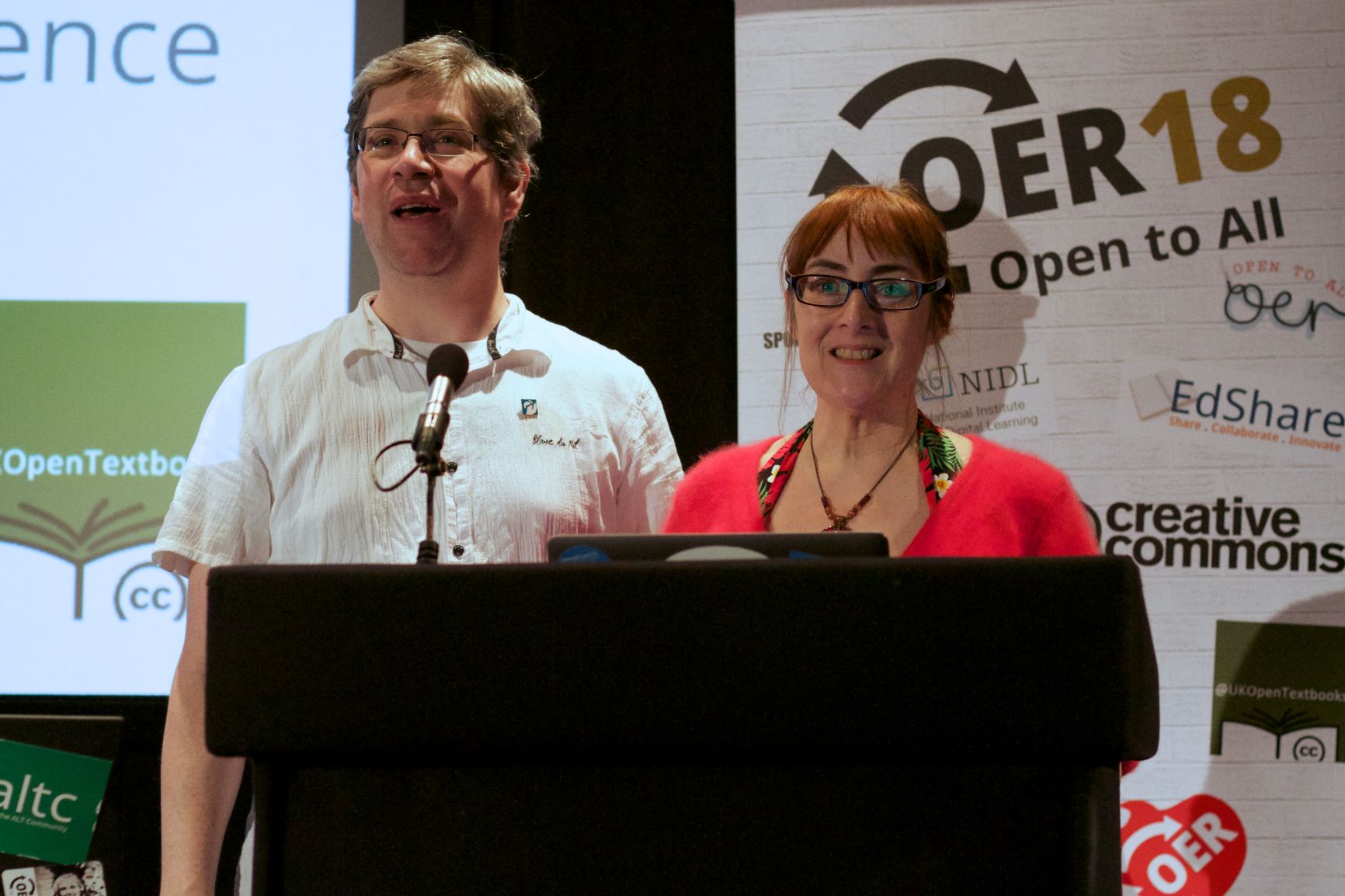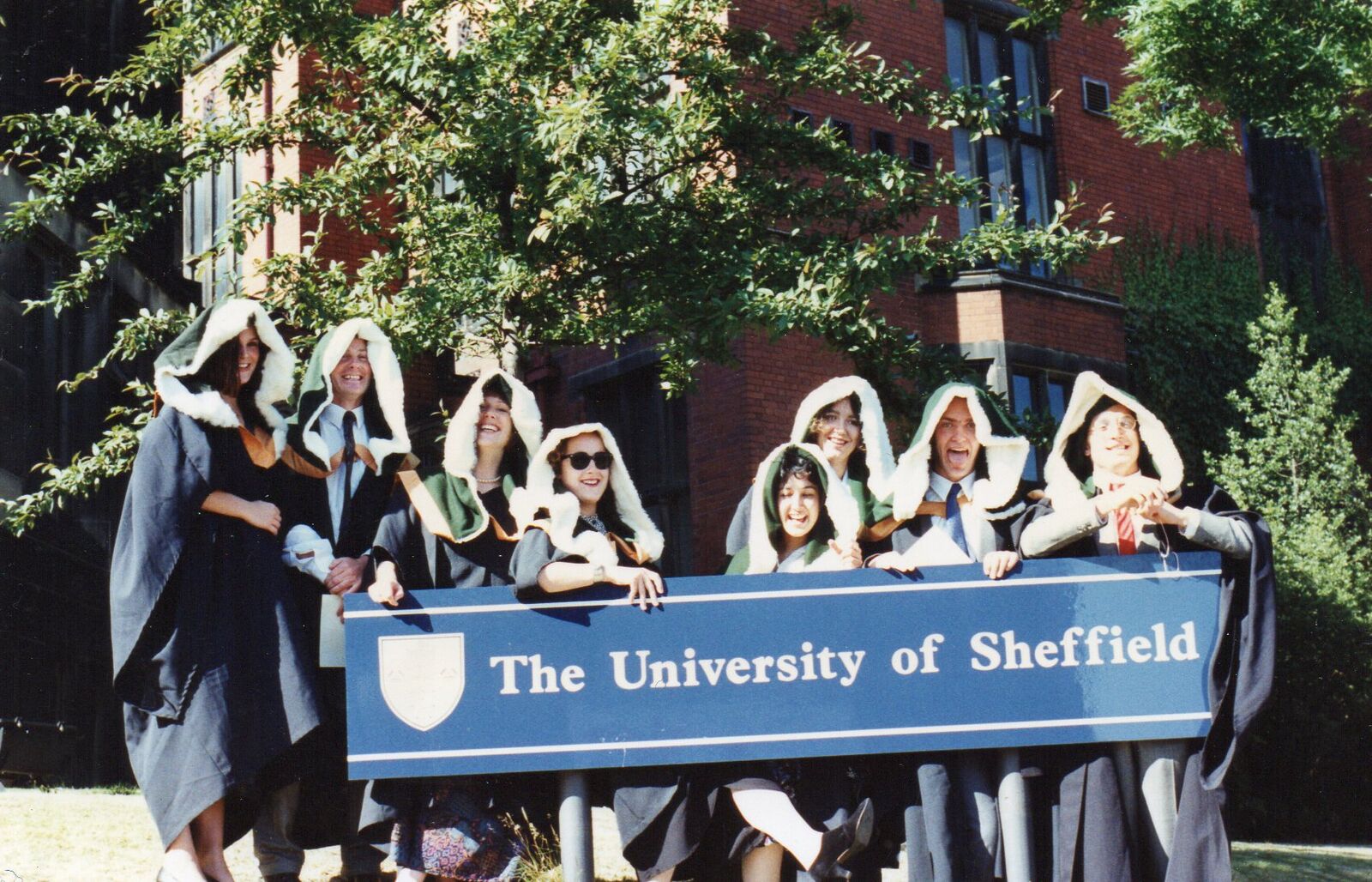
Physiology News Magazine
A global career from the comfort of your own home
Membership
A global career from the comfort of your own home
Membership
Vivien Rolfe, Head of Research, Pukka Herbs
https://doi.org/10.36866/pn.112.47

Thirty years ago I embarked on a degree in Physiology at the University of Sheffield, and I would never have believed that I would still be pursuing my passion for gut physiology all these years on. It has not been an easy journey and has required determination and reinvention. A common element from the start was my global outlook, particularly in my PhD where I explored the secretory mechanisms of Escherichia coli STa. I remember at the time being interested in the global epidemiological, social and political contexts as to why the bug caused diarrhoeal disease and was such a major killer, particularly of children. I have not spent time abroad as part of my career, but global connections and collaborations have always been central to my work.
After Sheffield I became a research fellow at the Institute of Child Health in London looking at fish oil for children with inflammatory bowel disease. Dame fortune and postdoc funding were not on my side, so in 1997 I took a permanent role with multinational Mars Incorporated heading up gut research for their Pedigree Petfoods division. I’m convinced my global perspectives and wide subject interest, including host-bacterial interactions and functional foods, made a good case for translating my knowledge of human gut health to that of dogs and cats. It was an international role working with global marketing, and research and development teams. It was fascinating to get a sense of global nutrition trends, for example the keenness for probiotics and pet care snacks in Asia, and markets focusing on wholesome food for their beloved pets – ‘big baby’ was one of the market segments – in Europe.
I then got the urge to teach and joined the University of Nottingham and subsequently spent 15 years in higher education. Strategically, we often talk of the importance of science mobility via international exchange, but I experienced how immobile I was through my transition from industry into academia. I had no publication track record, my product development and patent record were not obviously reusable, and my people and project management experience (managing budgets of up to £1 million and a team of over 30 at one point) was not understood, and I was given a position with no leadership.
I moved out of scientific research and over a number of years built a new career in science open education, leading national and international projects to create open educational resources and raise awareness of open textbooks. Through the use of social media I built new relationships that led to collaborative working – co-authoring papers, co-presenting at conferences, and participating in externally funded projects. These international links provided opportunities – for example, some of our open educational resources have been translated for use in Nigeria and Latin America. I gained a deeper awareness of socio-political issues, and global inequalities in education and research that then started to influence my own work
Years on, I did not envisage moving back into a full-time research role. This was a personal decision this time as I felt my values no longer aligned with the UK higher education system; the political changes were emphasising league tables over learners, and universities had become a commodity and less of a social good. How overjoyed I am to be in a new company that places global sustainability and wellbeing at its heart, where I can pick up my physiology interests and contacts, and develop new international ones. My role as Head of Research at Pukka Herbs now requires me to learn about all areas of physiology, although I’m pleased to see how current research is placing a huge importance on the gut and microbiome in human health.
As a scientist today I believe there is a huge need to understand global perspectives in order to deal with health challenges and to develop sustainable approaches to working; in this we have to learn from other regions and act as part of a responsible global community. There is much work to be done to open doors to knowledge and to create a more equitable science education and research community to address these questions.

